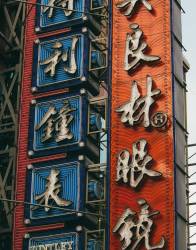Summary:
- Macroeconomic releases from the South Korean economy have been dismal of late
- South Korean KOSPI seems to be driven by consumer sentiment
- This sentiment improved in October for a second month in a row
The South Korean index KOSPI tends to be well driven by incoming macroeconomic data and, as opposed to other indices like those in the United States, it rarely tends to play down substantial disappointments in the real economy. Since the global downturn in manufacturing began, the KOSPI has shed a chunk of its previous gains it made during 2016 and 2017. Although ‘hard’ data have barely improved as of yet, we were offered some positive news from ‘soft’ data in the last two months. It is consumer sentiment which jumped notably in September and October, recover its previous steep declines. Again, do notice that these falls came along with the plunging KOSPI while the latest rebound started in mid-September, more or less the time when the consumer sentiment data for the past month was out. Looking forward, one may take into account that this index should keep respecting data, both soft and hard indicators, and if these gauges keep recovering, there could be room for the KOSPI to recover as well.
 Over the recent years changes the KOSPI have been driven by swings in consumer sentiment. Source: Bloomberg
Over the recent years changes the KOSPI have been driven by swings in consumer sentiment. Source: Bloomberg

Daily summary: Weak US data drags markets down, precious metals under pressure again!

US Open: Wall Street rises despite weak retail sales

US2000 near record levels 🗽 What does NFIB data show?

Chart of the day 🗽 US100 rebound continues as US earnings season delivers


